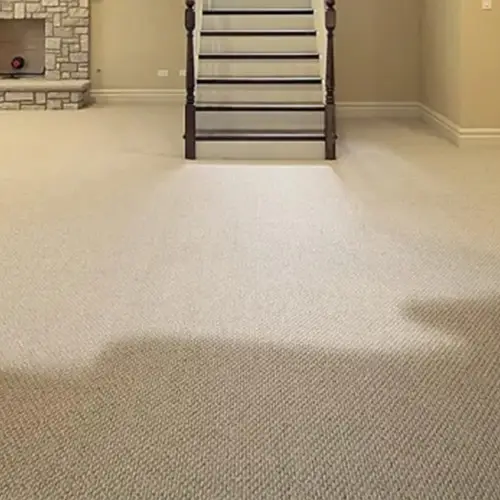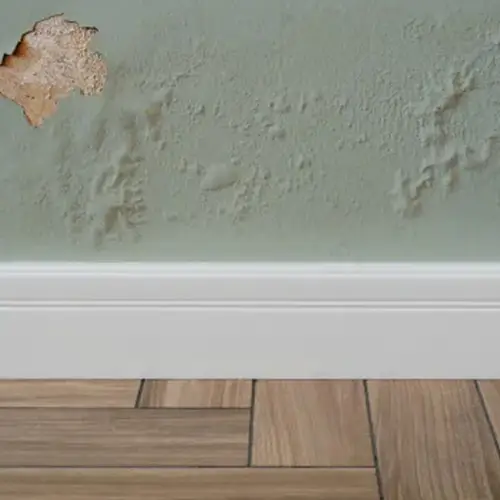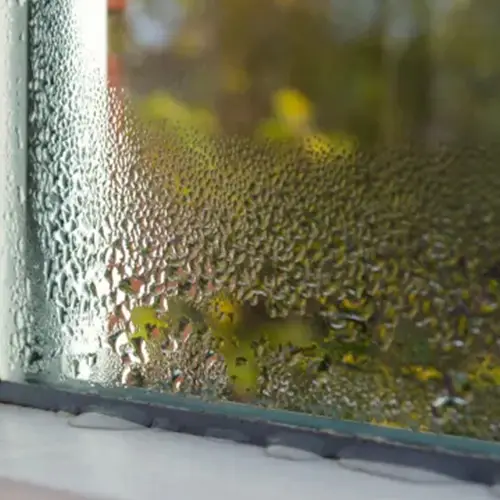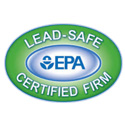Basement Waterproofing
Keep Your Basement Dry, Safe, and Worry-Free Year-Round
Long Island Basement Waterproofing
Basement Waterproofing
Waterproofing your basement is key to having a healthy environment in your home, as well as preventing problems in the future. Learn more about the benefits of waterproofing your basement. Water damage and moisture problems in your basement can cause significant damage to your home, which is why basement waterproofing is essential. Basement waterproofing involves applying several techniques, such as sealing cracks, installing drainage systems, and applying waterproof coatings to walls and floors, to make your basement water-resistant. By waterproofing your basement, you can protect your home from water damage, prevent the growth of mold and mildew, improve air quality, and increase the overall value of your property. At New Horizon Homes, our team of experts provides reliable and professional basement waterproofing services to keep your home dry and protected.
Why Do I Have Water In My Basement?
During the construction of a house, the process begins with excavating a hole for the foundation. When this hole is backfilled, the soil becomes disturbed and less compact than its virgin state, creating avenues for water infiltration.
As time progresses, the settling of the surrounding soil occurs. This shift redirects water towards the foundation, making it susceptible to seepage. The intricate interplay of construction activities and soil dynamics sets the stage for water-related issues in basements, highlighting the importance of proper drainage solutions to mitigate potential water ingress over time.
Main Causes of Water in Your Basement
Clogged Footing Drains
Clogged footing drains can cause basement waterproofing problems. These drains typically channel water out of your basement, but if they become clogged, water can accumulate inside. If you notice water buildup in your basement, it may be due to clogged footing drains.
Soil Settling
Basement waterproofing problems can also arise due to soil settling. If the soil beneath your basement shifts, your home’s foundation may become uneven, leading to issues with waterproofing. In such cases, you may need to consider a new basement waterproofing process.
Heavy Rain
During periods of heavy rain and severe weather events, your home’s drainage system may struggle to drain excess water. To prevent basement flooding during such events, you may need to invest in better basement waterproofing.
Hydrostatic Pressure
If you are experiencing pressure on your basement walls and floor, it may be due to excess water in the soil. This leads to hydrostatic pressure, which can cause basement walls to bow inward and result in water leakage. To avoid such problems, it is important to address the issue of hydrostatic pressure in your basement.
Signs You Have Water in Your Basement
The following signs will tell you if you need basement waterproofing. If you don’t see them already, be sure to look around for them. The sooner you catch basement problems like these, the better!

Musty Basement Smell
A musty smell in your basement is a sure sign that dampness, mold, and mildew are building up.

Wet Basement Carpet
If your basement carpet is wet, seemingly without reason, it is important that you investigate immediately.

Wet Drywall
Flooding and dampness can make the drywall in your basement wet, leading to numerous problems.

Basement Condensation
Condensation in your basement is a problem you need to tackle as early as possible. What do you need to know about basement condensation?








